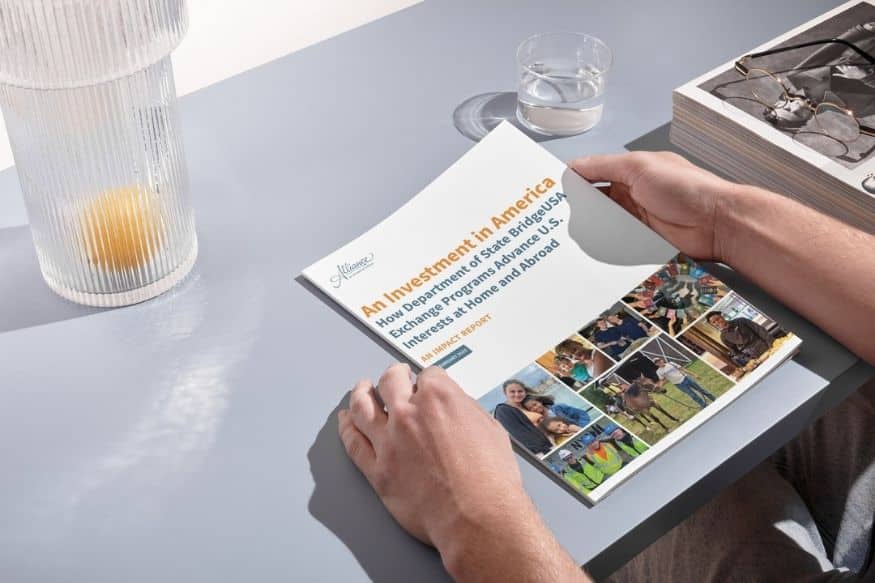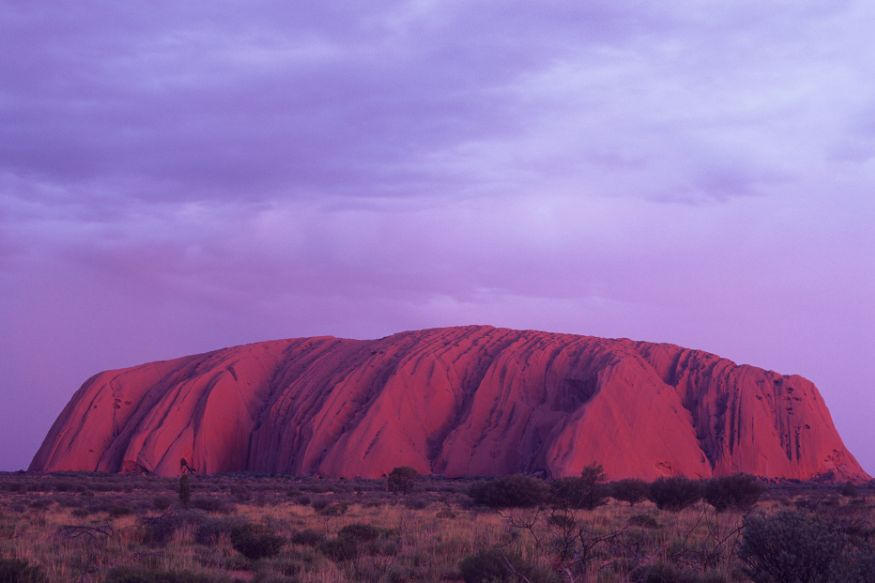You talkin’ to me? Have you heard your colleagues or friends in the U.S. say or refer to something and have no idea what they are talking about? Even if you speak and understand English perfectly, there are some aspects of the language that you can only grasp by immersing yourself in the local culture. We’ve compiled some of the common phrases and references you might hear in the U.S. with an explanation about what they mean and where they came from. Feel free to comment below with some you have heard—there are tons!
- YOLO: YOLO stands for “you only live once” and was popularized by musical artist, Drake. YOLO has come to be a catchphrase for young people and meant to encourage them to live life to the fullest.
- Hashtag: The # symbol, or “hashtag,” has become part of the vernacular in the U.S. from its use on social media sites. It’s a way to label a category or type of message with a word or phrase. Some people say the word “hashtag” to mirror that practice in speech. For example, “I got an ice cream sundae today. #yolo”
- Selfie: This word was given the title of 2013 Oxford Dictionaries’ “word of the year” from its popularity. A “selfie” refers to a photo that someone takes of him or herself and usually posts via social media.
- “D’oh!” This is the classic exclamation popularized by character Homer Simpson on the long-running FOX animated sitcom, “The Simpsons.” When he is hurt or dissatisfied, as he often is by events in his life, he shouts this and hits himself in the head with his palm. You may see someone do this action when they make a mistake.
- “No soup for you” is a catchphrase originating from the TV show “Seinfeld” in a 1995 episode. The characters in the show go to a soup shop with a notoriously strict employee. “No soup for you!” is a response to someone’s request or demand that will not be fulfilled.
- “Case of the Mondays” is a term popularized by the film, “Office Space” about disgruntled employees. It’s used as a fake medical condition referring to how dejected and tired many people feel when they return to work on a Monday after a weekend.
- Hump Day: This refers to Wednesday, the middle of the work-week. It’s used to signify that you have made it over the “hump” of the week and are now closer to the weekend. It’s been a common term for years but recently regained popularity with a funny Geico commercial featuring a camel (animal with a “hump” on its back) who is excited about it being Wednesday.
- “Ain’t nobody got time fo’ that” blew up in pop culture from footage of a local news interview with a woman who had just evacuated her apartment in Oklahoma City. Kimberly Wilkins, also known as Sweet Brown, described the chaotic scene on April 7, 2012, exclaiming, “Ain’t nobody got time for that!” which quickly became one of her more memorable lines watched many times on YouTube and even became a meme.
- “Hipster” is a term used to describe someone that enjoys music, clothing and interests outside of the mainstream culture. Hipsters are usually associated with having a focus on creativity, independent rock music, as well as irony in literature and film. Hipsters can live anywhere but tend to be attracted to large urban areas, particularly if there is a vibrant art scene. The term “hipster” differs from the “hippies” of the 1970s. Hippies may have influenced modern hipster culture, but they refer to two completely different groups.
- “Houston, we have a problem” This statement was originally uttered by the crew of the Apollo 13 moon flight to report a technical program back to their base in Houston, Texas. It’s used in language today to indicate a big problem but usually in a humorous way.
Want to really challenge yourself? Here is a chart of 100 famous movie quotes: http://io9.com/100-famous-movie-quotes-in-chart-form-1502647439
And even more: http://girlincape.hubpages.com/hub/10-Famous-Pop-Culture-References-and-Where-They-Come-From




